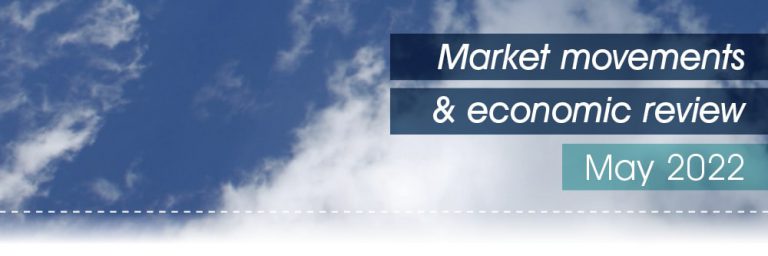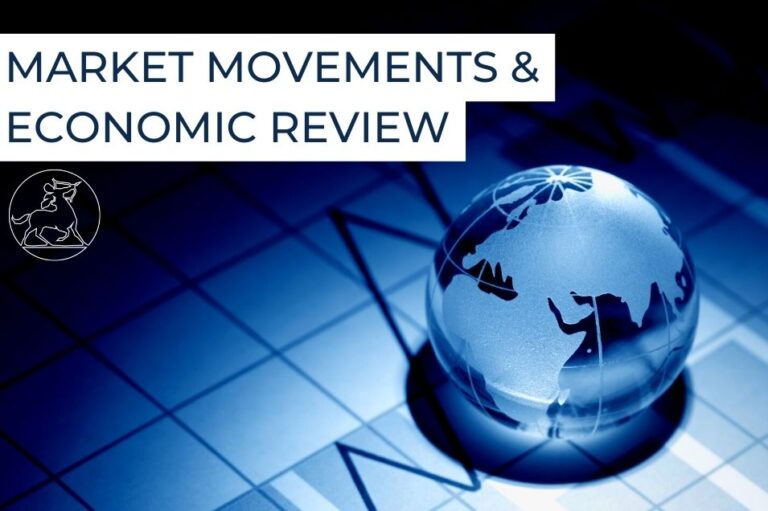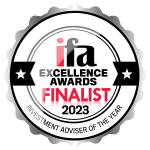By Tony Kaye, Senior Personal Finance Writer
Why wealthy investors are gravitating towards exchange traded funds.
High-net-worth individuals, often referred to as HNWIs, are often linked to investments that are out of the financial reach of most everyday investors.
Think of investments with high minimum entry levels, such as certain unlisted funds and hedge funds, private companies seeking equity infusions, mezzanine finance ventures, and commercial property projects.
All of the above is certainly true, but Vanguard’s research shows a growing number of HNWIs are also investing in readily available index-tracking exchange traded funds (ETFs) listed on the Australian Securities Exchange (ASX).
They are exactly the same vehicles attracting strong support from everyday retail investors.
And the main targets for HNWIs are large ETFs that invest broadly across the Australian share market and international share markets. These generally form the core of their ETFs investment portfolio.
Vanguard’s research also shows that some HNWIs are choosing diversified, multi-asset ETFs that invest across both equities and bonds based on different asset class weightings. Multi-asset ETFs provide investors with a simple way to manage their portfolio risk exposures.
The growing attraction
Fundamentally, while HNWIs do have a wider range of investment options available to them than investors with smaller amounts of investable capital, the attraction of ETFs largely comes down to the broad exposures they can provide and their low management costs.
As well as investing under their own name, many HNWIs are investing through a self managed super fund structure.
Having diversification across asset classes is of key interest for HNWIs, which accords with the findings from the ASX Australian Investor Study 2023.
“The continued popularity of ETFs is no surprise, given their ability to provide investors with exposure to a wide range of companies, regions, asset classes and strategies, making it easier to diversify,” the ASX study found.
International ETFs, which have been attracting the biggest investor inflows over 2024, have been an easy way for Australian HNWIs to access the United States’ technology boom, particularly stocks with high exposure to artificial intelligence technologies listed on the New York Stock Exchange and the NASDAQ.
Around $5.3 billion of investors’ capital flowed into international ETFs listed on the ASX over the first half 2024.
Fixed income ETFs are also popular for HNWIs wanting quick access to Australian and global bonds.
Australian fixed income ETFs recorded inflows of $1.29 billion over the six months to 30 June, while international fixed income ETFs received inflows of $394 million.
Fees and costs are likely to be another aspect driving the growing popularity of ETFs among HNWIs. With lower fees than many other investment types, ETFs allow investors to purchase a basket of assets for the cost of one trade.
How HNWIs are investing in ETFs
As well as investing under their own name, many HNWIs are investing through a self managed super fund structure.
The 2024 Vanguard/Investment Trends SMSF Report found that around 43% of SMSFs (265,000 funds) are now using ETF products. On average, according to the report, SMSFs are allocating $250,000 to ETFs.
In fact, the average portfolio allocation to ETFs by SMSFs has almost doubled over the last 12 months from 5% in 2023 to 8% this year.
SMSFs now account for 13% of Australia’s total ETF investor population, which numbers around two million.
The primary reasons SMSFs say they are using ETFs is for diversification (71%), to gain exposure to specific overseas markets (54%), liquidity (easy to buy and sell) (44%), and because ETFs save time over choosing individual stocks (43%).
They also see ETFs as providing easy access to specific types of investments and asset classes (42%), as a good portfolio core (38%), as being competitively priced (31%), readily available on investing platforms (18%), and having transparency (16%).
Source: Vanguard
Important Information
Vanguard Investments Australia Ltd (ABN 72 072 881 086 / AFS Licence 227263) (“Vanguard”) is the issuer of the Vanguard® Australian ETFs. Vanguard ETFs will only be issued to Authorised Participants. That is, persons who have entered into an Authorised Participant Agreement with Vanguard (“Eligible Investors”). Retail investors can transact in Vanguard ETFs through Vanguard Personal Investor, a stockbroker or financial adviser on the secondary market.
We have not taken your objectives, financial situation or needs into account when preparing this publication so it may not be applicable to the particular situation you are considering. You should consider your objectives, financial situation or needs, and the disclosure documents for Vanguard’s products before making any investment decision. Before you make any financial decision regarding Vanguard’s products you should seek professional advice from a suitably qualified adviser. A copy of the Target Market Determinations (TMD) for Vanguard’s financial products can be obtained at vanguard.com.au free of charge and include a description of who the financial product is appropriate for. You should refer to the TMD of the relevant Vanguard products before making any investment decisions. You can access our IDPS Guide, PDSs Prospectus and TMD at vanguard.com.au or by calling 1300 655 101.
Past performance information is given for illustrative purposes only and should not be relied upon as, and is not, an indication of future performance.
This publication was prepared in good faith and we accept no liability for any errors or omissions.
©2024 Vanguard Investments Australia Ltd. All rights reserved.







































































